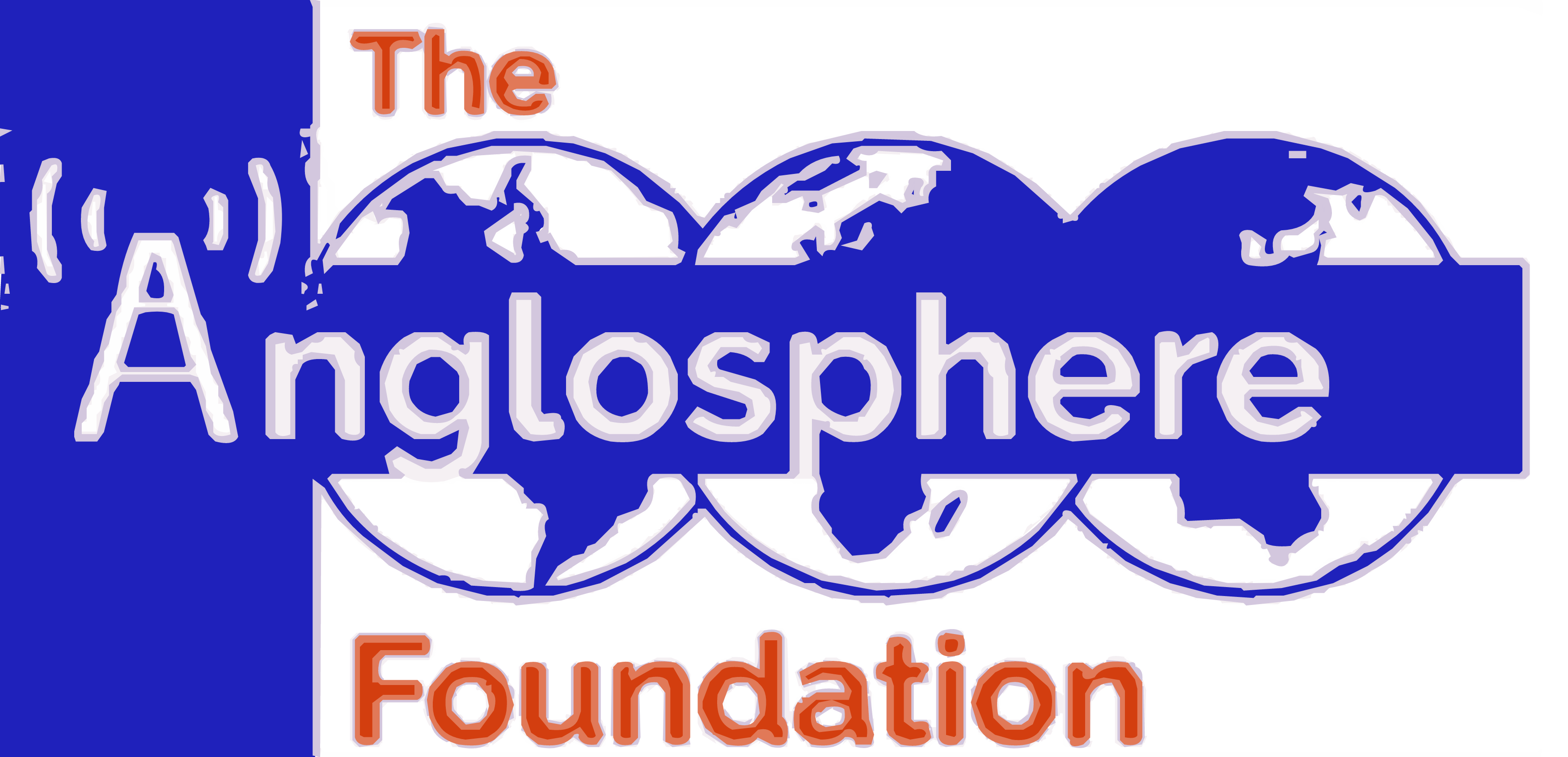The Anglosphere - A 'Network' of peoples not an institution
The term Anglosphere is not intended to mean a formal institutionalised organisation. Instead it refers to the network of individuals who share common ‘Anglospheric’ norms, practices and values. As such these networks cross state boundaries. This does not mean Anglospheric state-centric groupings do not exist… on the contrary they are the outcome of these shared values . Consequently, close military, economic and cultural arrangements can and do feature between many Anglospheric states. Examples might be the Five Eyes security arrangements, the Commonwealth, and the Five Power Defence Agreement. Whilst these formal, state-centric institutions are indicative of Anglospheric cooperation, the concept of the Anglosphere is grounded in the notion of a transnational community of peoples.
Defining characteristics
To be part of the Anglosphere requires adherence to the fundamental customs and values that form the core of English-speaking cultures. These include individualism, rule of law, honoring contracts and covenants, and the elevation of freedom to the first rank of political and cultural values. They find expression in the institutions and outlooks of those states where those individuals reside in their densest concentrations. Such states share a common historical Anglospheric narrative in which the Magna Carta, the English and American Bills of Rights, and such Common Law principles. as trial by jury, presumption of innocence, “a man’s home is his castle”, and “a man’s word is his bond” are taken for granted. These strength and preponderence of these characteristics provide a guide to influence of Anglospheric norms in individual societies and communities across the globe. Non-Anglospheric norms in societies may compete with or compliment Anglospheric characteristics.

English Language
The English language acts as the 'neural fibres'' that link individuals and communities together. The novelist and broadcaster Melyn Bragg describes the language as "a living organism." This living organism has adapted and been influenced the the communities that have adopted English as a spoken tongue. In the early Eighteenth Century Daniel Defoe described English as a Roman-Saxon-Danish-Norman" construct. However, as Britain's global reach extended the language evolved to include words from the Indian sub-continent and those derived from the Americas. The most important aspect of the language is its memetic potency: its role in communicating and spreading ideas (memes) that are associated with Anglospheric values. These are communicated by the spoken and written word by various mediums.
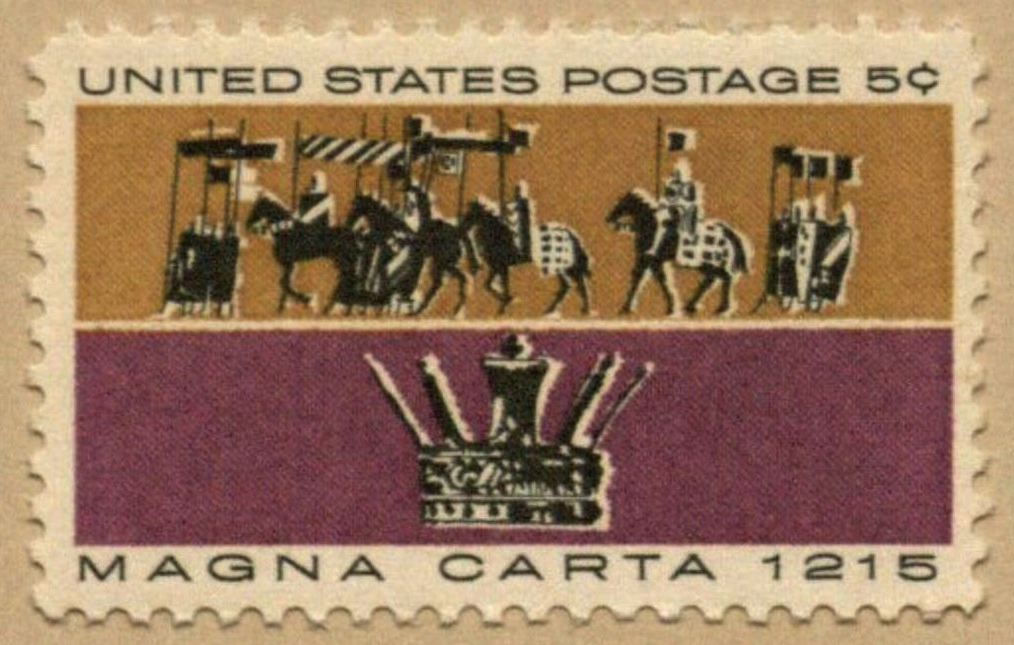
Magna Carta
The 1215 Magna Carta was an example of an attempt to limit the monarch's executive power by asserting supposedly ancient Anglo-saxon rights.
Magna Carta principles refers to a people-centred, bottom-up approach to governance. As historian Professor Robert Tombs puts it, this viewpoint holds "“that ultimately the people decide and elites obey." Over the centuries the Magna Carta principle has been explicity invoked by Anglospheric communities attempting not to overthrow an order but rather assert or reassert existing rights. Thus, the various civil wars and revolutions such as the English Civil War and the US War of Independence are examples of attempts to assert and extend Magna Carta.
Magna Carta inheritance rights have been invoked by the likes of Ghandi and Mandela in respect of India and South Africa.
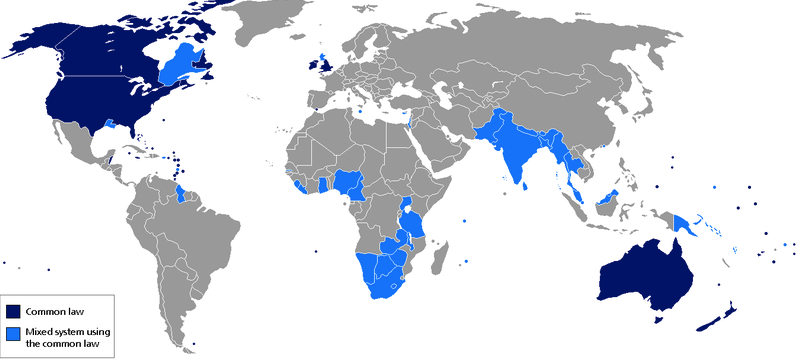
Common Law & Rule of Law
There are three primary common law rights: personal security, personal liberty and private property. The auxiliary rights necessary to secure these are held to include access to justice. In short, these are:
* rights to a fair trial
* a right to open justice
* freedom of speech.
The rule of law is the concept that no one is above the law – it is applied equally and fairly to both the government and citizens. All people must be treated equally before the law. It is this concept that was established by the Magna Carta which put into writing the principle that the king and his government was not above the law. It sought to prevent the executive (then the king) from exploiting power, and placed limits of royal authority by establishing law as a power in itself.

Civil Society
In Anglospheric states there is strong memetic emphasis on the importance of the individual. This provides the basis for a strong civil society. People who define themselves primarily as members of collective entities, be they families, religions, racial or ethnic groups,
political movements, or corporations, cannot form the basis of a civil society. Individuals must be free to dissociate themselves from such collectives without prejudice and reaffiliate with others.
Societies that permanently bind individuals under the discipline of inherited or assigned
collectives remain bogged down in ethnic, racial, or religious factionalism, nepotism, and economic systems such as 'crony capitalism.
Anglospheric societies place a strong emphasis on the concept "my word is my bond." This reflects the historical cultural importance of oath-taking in early Anglo-Saxon society.
The Post-Racial Transnational Community
Conceptualising the Anglosphere - Memes Not Genes
A transnational, post-racial network sustained by memes not genes applied to an emergent post-WW2 community of peoples. Four key individuals have helped shape the ideas that have given form to the concept. Applied by James C Bennett who explained, “I adopted the term ‘Anglosphere’ [from Neal Stephenson] for convenience. It is concise, it goes beyond mere linguistic commonality, and it has no racial overtones.”
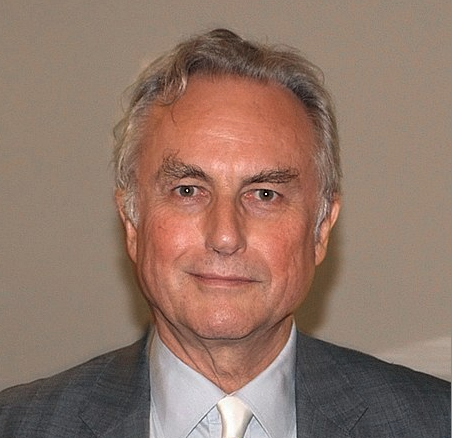
Richard Dawkins
Professor Richard Dawkins is a Kenyan-born ethologist, zoologist, and evolutionary biologist. Dawkins is a former lecturer at the University of California, Berkeley and Professor for Public Understanding of Science in the University of Oxford. Dawkins coined the term 'meme' to describe ideas and practices which, like genes, can communicate, co-operate and compete and therefore have their own ethology (animal behaviour & cognition).
Dawkins suggested that memes are to cultural inheritance what genes are to biological inheritance. Memes (like genes) are replicators and compete against other memes.
“Most of what is unusual about man can be summed up in one word, ‘Culture.’
I think that a new kind of replicator has recently emerged on this very planet… It is still in its infancy, still drifting clumsily about in its primeval soup, but already it is achieving evolutionary change at a rate that leaves the old gene panting far behind. The new soup is the soup of human culture.”
Dawkins contended memes are hosted in the mind and act as replicators by jumping between individuals when one influences another to adopt a belief.
“…the relative survival success of a meme will depend critically on the social and biological climate in which it finds itself… But it will also depend on the memes that are already numerous in the meme-pool… If the society is already dominated by Marxist, or Nazi memes, any new meme’s replication success will be influenced by its compatibility with this existing background.”
Richard Dawkins
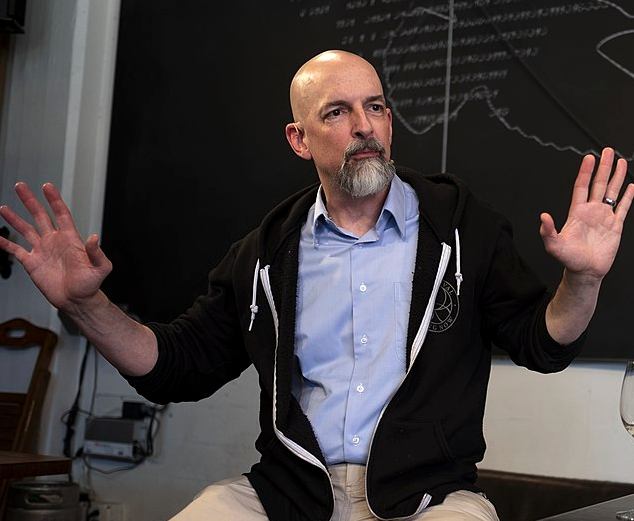
Neal Stephenson
American sci-fi and non-fiction author of works predicting future technology trends. Stephenson is the son of a US physics professor. He is heavily engaged with with Silicon Valley entreprenuers including Jeff Bezos. His novels described and predicted 'the metaverse', 'cryptocurrency' and 'VR' headsets.
A more recent novel exploring the impact of climate change attracted the attention of IR scholars including Professor Francis Fukuyama.
Neal Stephenson’s novel ‘The Diamond Age’ referred to a future society dominated by nanotechnology. States had been superseded by transnational tribes or ‘phyles.’ The term ‘Anglosphere’ was first coined by Stephenson to describe the neo-Victorian phyle, a ‘network civilisation’ that, in contrast to others, was post-racial – memetic rather genetic. Thus, the Anglosphere network encompasses individuals of European, Asian and African genes but of shared memetic origins. Indeed one of the novel’s key characters is an Asian leader of the Anglospheric ‘neo-Victorian’ phyle. The Anglosphere phyle stands in contrast to the other network civilisations that are “racially orientated.”
One central character in Stephenson’s novel, ‘The Diamond Age,’ asserts;
“Now, there was a time when we believed what the human mind could accomplish was determined by genetic factors. Piffle, of course, but it looked convincing for many years because the distinctions between tribes were so evident. Now we understand that it’s all cultural. That, after all, that is what a culure is – a group of people who share in common certain acquired traits.”
Neal Stephenson

James C Bennett
US IT & Space rocket entrepreneur and author. Former member White House Task Force on Space Commercialisation and Space Transportation. President and Chairman of Internet Transactions Transnational, Inc. Director of the Institute for Molecular Manufacturing (IMM), affiliated with the Foresight Institute focussed on development of nanotechnology and other emerging technologies, such as safe AGI, biotech and longevity.
James Bennett applied the term ‘Anglosphere’ to describe the existence and growth of a transnational community of English-speaking peoples. Bennett emphasised the memetic basis of these relationships.
“Richard Dawkins popularised the concept of the meme., the equivalent of the a gene in the process of evolution of information. Memes spread, and evolve far faster than genes, and thus human societies are far more affected by memetic, rather than genetic, evolution.
A century ago, proponents of English-speaking political unions had a primarily genetic view of the English-speaking world, seeking to reunite the British with their genetic descendants in America. This vision failed, partly because so many Americans were already of non-British descent by that time. In contrast the Anglosphere is a memetic concept.
Those who come to use the language and concepts of the Anglosphere (and further their evolution are the memetic heirs of the Magna Carta, the Bill of Rights, the Emancipation Proclamation, whatever thir genetic heritage.”
James C. Bennett
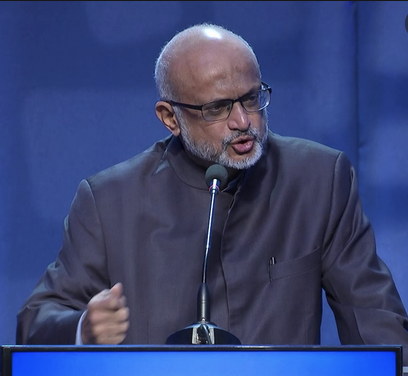
Madhav Das Nalapat
India's first Professor in International Relations, former Editor Times of India & current Director of iTV [Indian news broadcaster). Vice-Chair of Manipal Advanced Research Group focussed on establishing cutting edge research synergy between physics and engineering. He is Director of the
Department of Geopolitics and International Relations at Manipal
University.
Madhav Das Nalapat seeks to evoke the idea of memetic kinship as a way of understanding natural bonds that form part of an Anglospheric post-racial network.
Like Dawkins, Das Nalapat stresses the importance of memes over genes in understanding the Anglosphere.
“… there is a need to refine the concept of ‘Blood’ to include not only the more superficial genetic codes that comprise the ‘Blood of the Body,’ but also the abstract virtues and mindsets of the ‘Blood of the Mind.’
If we define the Anglosphere as not simply a geographic or even a linguistic entity, but as an entity that encapsulates the type of thought and behaviour that led to Magna Carta, to the movement for the abolition of slavery, to the Industrial Revolution, and to the war against the Nazis’ attempt to conquer continental Europe, then it is a fact that such minds exist not only within the geographical spaces visualised in a Churchillian Anglosphere, but also much farther afield in India for instance…”
Madhav Das Nalapat
Anglospheric State-Centric Organisations & Associations
Although the Anglosphere is not in itself a structured or formal organisation, many states with Anglospheric characteristics form both formal and informal arrangements. These are usually centred around those states where Anglospheric values and norms are strongest and can be global or regional.
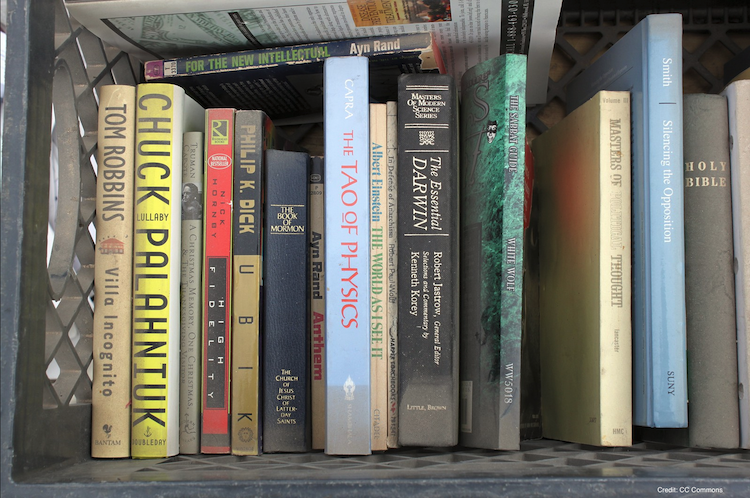
Memetic Competition
Although an individuals ‘inherited’ memetic identity can be very resilient, it is challenged by other memetic ‘ideas.’ There is ongoing memetic ‘competition’ which could cause an individual’s ‘meme-complex’ to change. This is true of the Anglospheric meme-complex as of any other. It is constantly challenged by other ‘ideas/memes.’ Consequently ‘established’ Anglospheric norms and values might diminish in response to memetic impulses that might represent contradictory and opposing norms and values. Alternatively Anglospheric norms might coexist or be complimentary to other cultural meme-complexes.
Transnational Networks
Anglospheric networks are “international” and “transnational.” They consist of corporations, media networks, charitable activities, diaspora, inter-state alignments (formal alliances and informal arrangements), and civil societies.
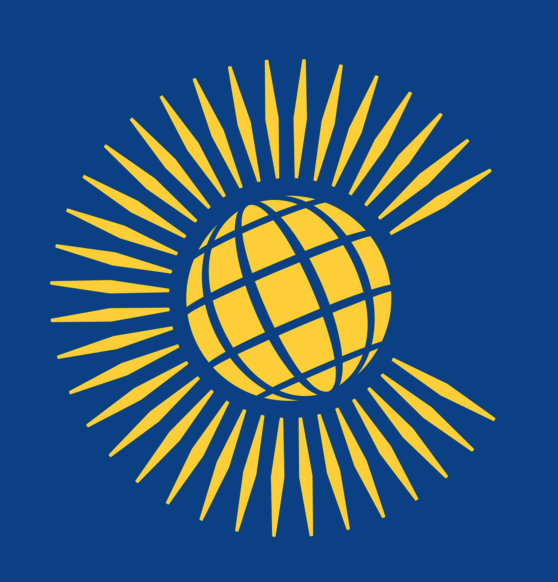
Commonwealth
The Commonweath is an Anglospheric sub-set. An entity with both state and network community characteristics. It acts as an informal transnational entity centred around Anglospheric notions of democracy, rule of law and civil society. It also is exists as a network of civil based groups engaged with social and educational issues.
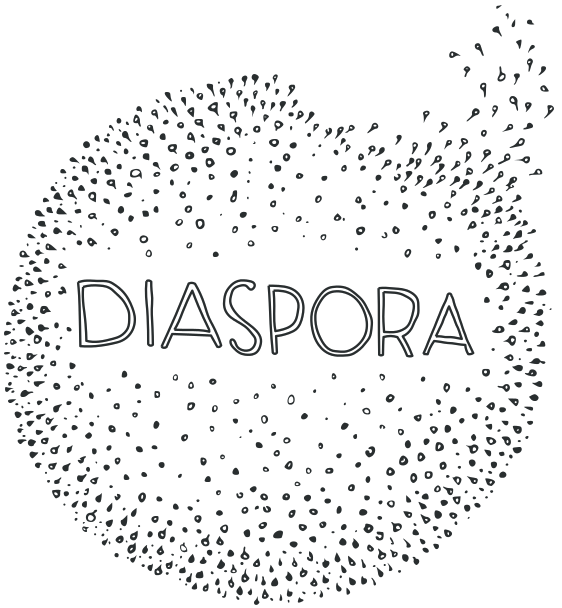
Diasporas
Anglospheric communities or groupings exist in states that are not part of the inner Anglosphere. Equally, diaspora from states and areas outside the inner Anglosphere can adopt Anglospheric values and norms and transmit these back to extended families and groupings in their orginating community.

Commerce & Media
Many commercial organisations operate across the Anglosphere. Commercial organisations from an Anglospheric state often find the starting point for international expansion is another state with similar business practices, a common language, Common Law and the Rule of Law.
Is the Anglospheric Meme-complex unique?
In two words the answer is “not necessarily”. The individual ideas and norms that constitute an Anglospheric meme-complex are not without parallel. It would be wrong to claim ‘exceptionalism’ for the constituent elements. However, the combination of ideas and norms, given succour by accidents of geography and circumstance are unusual.
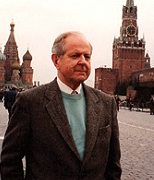
The historian Professor Robert Conquest stressed the contribution of historical circumstance in creating a civil society in first Britain and then in its colonies. Conquest stressed that the contribution of Anglospheric values and norms to creating a civil society are not exclusive. In the case of the US, the early experience of the the settlers reinforced Anglo-saxon (and particularly Saxon) historical ideas [memes] that had been carried over from the first Anglo-saxon settlers in England itself. These traditions included the notion of communities that relied upon localised decisions rather than top-down, centralised direction.
“The Germanic nations that came to Britain had various political customs. While the Anglos had had ‘kings’ for several centuries, the Saxons had not. All the Saxon ‘townships’ judged important legal cases and agreed upon the plans that would guide them in peace or war during the coming year.”
In terms of the US, Robert Conquest notes the effect on the special circumstances of ‘the Frontier’ on American political culture.
“The idea of a determining effect of small communities owing a general allegiance to government on the coast, but beyond its effective protection and compelled to rely on their own common initiative, clearly has much to be said for it in accounting for the special circumstances of American democracy. This was in a sense a renactment of the original spread of the English [Anglo-saxon] settlers in Britain.”
Conquest then points to the memetic legacy that proved important in shaping the nature of the body politic. “In both the English and American cases, it was not, of course, a matter of traditionless man evolving administrative forms to suit the circumstances. Both the Americans and the Saxons built their new communities on the basis of traditional laws and rights as they remembered them. “
It is important to acknowledge that Conquest cautions against any claims of exceptionalism made for ‘Anglo-saxon’ culture per se. Other cultures with similar memetic impulses can serve to supplement Anglospheric norms and should Anglospheric societies fall, could rise to create similarly constituted civil and open societies.
” … it is ridiculous to claim any special merit for the Anglo-saxon culture because it was the first to develop, or rather maintain, a civic level of state. If ours were to succumb, there are other sources of concensus civiliization from which it could again emerge. It is not necessary for us to be overbearing about the heritage; it is a matter of luck we are born into it.”
Professor Robert Conquest in ‘Reflections on a Ravaged Century.’
